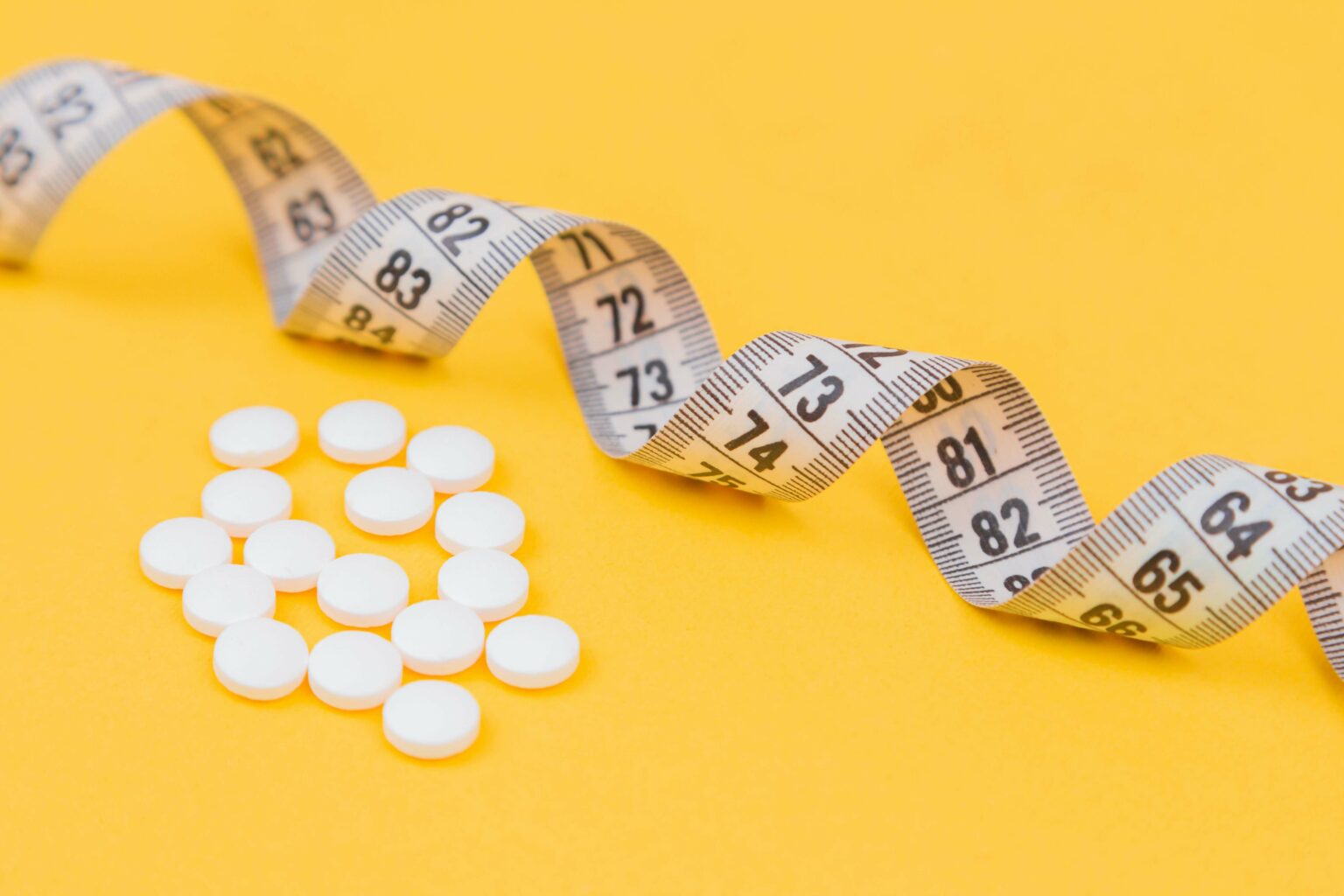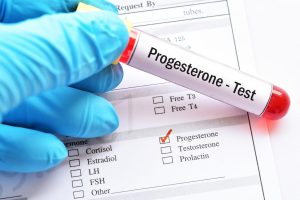Does Using Inositols Help With Weight Loss?

There have been a number of meta-analyses (small studies) attempting to compare the efficacy of Myo-Inositol (MI), D-Chiro-Inositol (DCI) and/or MI+DCI across studies.
While the majority of studies do show an improvement in insulin resistance with treatment, most of these are considered to be poorly designed and of low quality. Significant increases in ovulation rates and improved menstrual cycle frequencies are often reported, but improved experimental design would show whether these positive effects were scientifically robust.
Using inositols for weight loss is something heavily advocated by those who manufacture the commercially available supplements. However, the truth is, most of the data in terms of Body Mass Index (BMI) reduction is inconclusive. At best, some minimal weight loss with treatment was observed. And, as the majority of studies used obese patients, a small reduction in BMI wouldn’t really be enough to make much of a difference to a patients’ overall health.
What other symptoms could inositols help to address?
In theory, correcting any hyperinsulinemia should reduce the production of ovarian androgens, thereby addressing some of the symptoms of hyperandrogenism, such as hirsutism, acne and hair loss.
Studies have indicated a trend towards reduced androgen levels with inositol treatment and there is some limited data that suggests improvements in hirsutism and acne. However, longer-term studies may be necessary to confirm the effectiveness of MI and DCI in improving PCOS-induced hyperandrogenism. It should also be considered that metformin, which is an alternative insulin sensitizer, has never been as effective as other treatment options at improving hyperandrogenism.
Read more about how inositols are used to manage conditions such as PCOS.
Photo by Diana Polekhina on Unsplash










